Keywords: Complexity
There are more than 200 results, only the first 200 are displayed here.
-
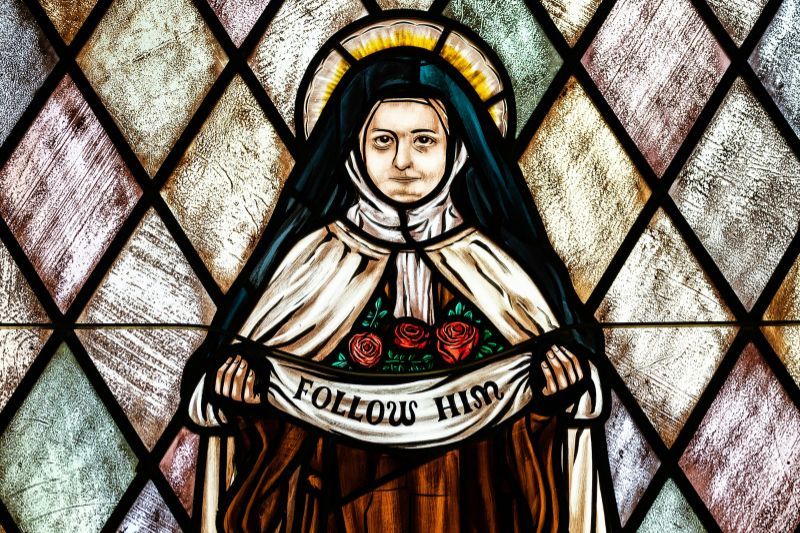
RELIGION
- Phyllis Zagano
- 11 May 2016
21 Comments
Pope Francis may be interested in better situating women within Church governance and ministry, and there is sufficient theological evidence to readmit women to the order of deacon. Even so, significant curial roadblocks keep him from moving in the obvious direction.
READ MORE 
-
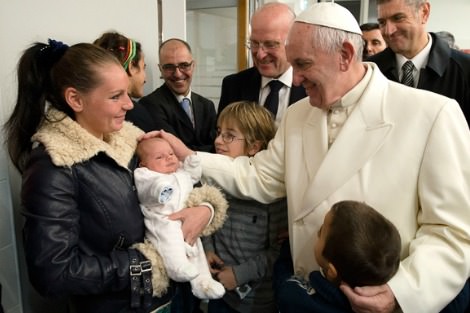
RELIGION
- Andrew Hamilton
- 12 April 2016
10 Comments
By the standards of papal documents Amoris Laetitia is a baggy elephant. Many in the developed world hoped the document would break new ground in allowing communion to the divorced and adopting new attitudes to gay marriage and gender issues. They will be disappointed that it works within traditional definitions of marriage, gender and discipline. But Francis' insistence on going out to people where they are with full respect for who they are demands an even more radical change of heart.
READ MORE 
-
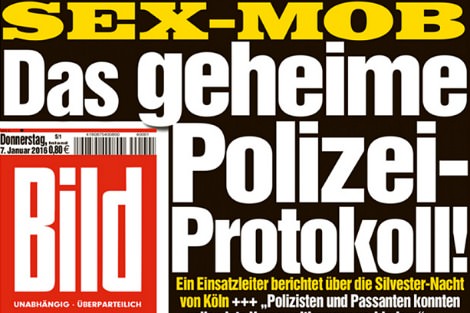
AUSTRALIA
- Andrew Hamilton
- 21 January 2016
7 Comments
In our response to the forced movement of peoples we must recognise that our national identity is not built primarily on uniformity of religion and race but on adherence to the values that are enshrined in our social institutions. We must also recognise the way in which our own prejudices and fears affect the judgments and proposals we make, and exercise a proper scepticism about making quick judgments and drawing universal conclusions from particular events such as those in Cologne.
READ MORE 
-
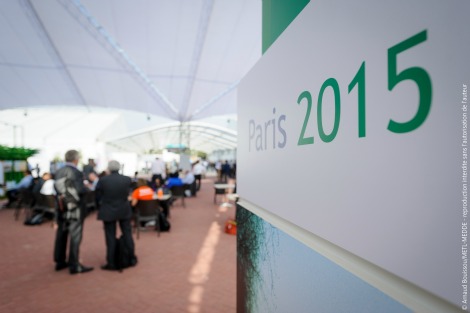
INTERNATIONAL
- Bronwyn Lay
- 10 December 2015
3 Comments
Located in Paris in the aftermath of the attacks, COP21 spookily mirrors how climate change politics occurs within complex and pre-existing power structures that determine its effectiveness. Social and environmental wars merge with increasing intensity: from Syria to the Arctic, from Indonesia to Paris. Climate change complexity matches the complexity of terrorism. Causal chains of social conflict are as complicated as carbon movements that result in environmental distress.
READ MORE 
-
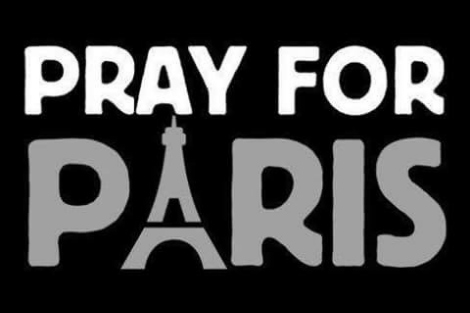
INTERNATIONAL
- Fatima Measham
- 20 November 2015
12 Comments
It is tempting to view the aftermath of terrorist attacks such as those in Paris as a well-rehearsed script. There are condemnation of the killings, sympathy for the families of victims, resolve to seek and punish perpetrators, expressions of solidarity across nations. Also, assaults targeting Muslims on the street and in policy. This time a few things have gone off-script. 'Hugs and hashtags' won't stop ISIS, but there is strength in refusing to cede control over our language and behaviour to terrorists.
READ MORE 
-

AUSTRALIA
- Tom Keating
- 17 November 2015
2 Comments
The case studies given during the Royal Commission's dealings with Victoria's state run institutions were heartrending for anyone like myself who worked within that system in the 1960s and '70s. It must have been harder still for those who were trying desperately to reform the system at that time. By the mid-'80s Victoria came to have the most progressive and effective juvenile justice system in the country and was a leader internationally. Much has been lost in the intervening years.
READ MORE 
-
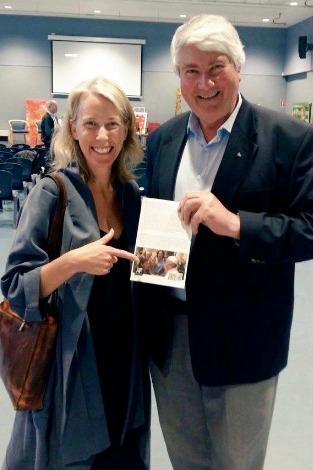
ENVIRONMENT
- Frank Brennan
- 06 November 2015
1 Comment
Francis does not pretend to have answers to the big questions which will confront world leaders when they gather in Paris. But he does think the science is IN, and the evidence is clear that much of the climate change, loss of biodiversity and water shortages are the result of human action. We are blessed to have a pope who speaks to all the world about the prudence, justice and empathy required so that more people on our planet might enjoy integral human development.
READ MORE
-

AUSTRALIA
- Frank Brennan
- 23 October 2015
4 Comments
Francis knows there are all sorts of issues inside and outside the Church where for too long people with power have tried to keep the lid on, in the hope that the problems and complexities will go away, often by parodying those who see the problems or complexities as small 'l' liberals or cafeteria Catholics. He delights in being joyful and troubled while contemplating big problems, calling people of good will to the table of deliberation reminding them of the kernel of the Christian gospels. He has the faith and hope needed to lift the lid without fear and without knowing the answers prior to the dialogue occurring.
READ MORE
-
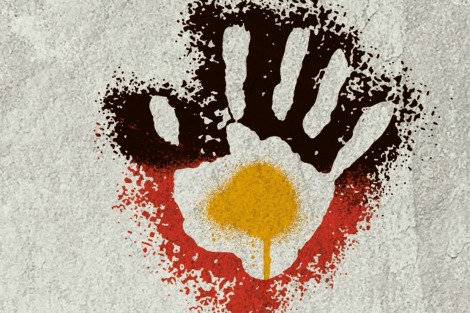
AUSTRALIA
- Frank Brennan
- 16 October 2015
2 Comments
I acknowledge those Aborigines and Torres Strait Islanders who insist that they have never ceded their sovereignty to the rest of us. I join with those Aborigines and Torres Strait Islanders who hope for better days when they are recognised in the Australian Constitution. As an advocate for modest constitutional recognition for Indigenous Australians, I respect those Aborigines and Torres Strait Islanders who question the utility of such recognition. But I do take heart from President Obama's line in his Charleston eulogy for the late Reverend Clementa C. Pinckney: 'Justice grows out of recognition'.
READ MORE
-
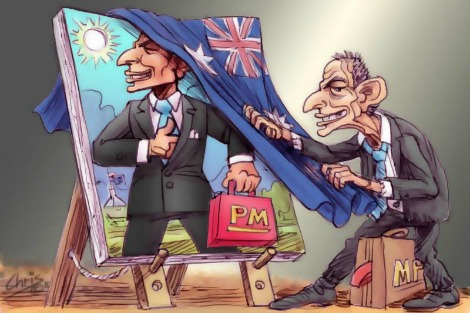
AUSTRALIA
- Fatima Measham
- 12 October 2015
18 Comments
Australia has a long line of prime ministers whose standing has been propped up over time. Edmund Barton was a racist; Alfred Deakin spoke against 'undesirable coloured aliens'. The passage of time tends to extract the essential parts of a prime minister's stint, which is how complex figures like Whitlam, Fraser, Keating and Howard end up being rehabilitated in collective memory. It's hard to tell whether there is enough complexity in Abbott and his time as prime minister to enable such restoration.
READ MORE 
-

ARTS AND CULTURE
- Tim Kroenert
- 08 October 2015
2 Comments
A Black Mass is a travesty of the Catholic Mass in worship of the devil. In this instance it is a metaphor for FBI agent Connolly's devotion to violent criminal Bulger, due in part to the social benefit he attains through his association with this powerful criminal, but running all the way back to a formative childhood encounter that is hinted at but not articulated in detail. Of the flatly villainous Bulger and the morally complex, wilfully compromised Connolly, the latter is the more palpably evil.
READ MORE 
-

ECONOMICS
- David James
- 14 September 2015
1 Comment
The recent ructions in the Chinese stock market set off great consternation in global financial markets, but for the most part this was a display of ignorance. One of the reasons China’s influence on global markets has been so beneficial, since at least 2007, is that its economy and financial markets are so different.
READ MORE 